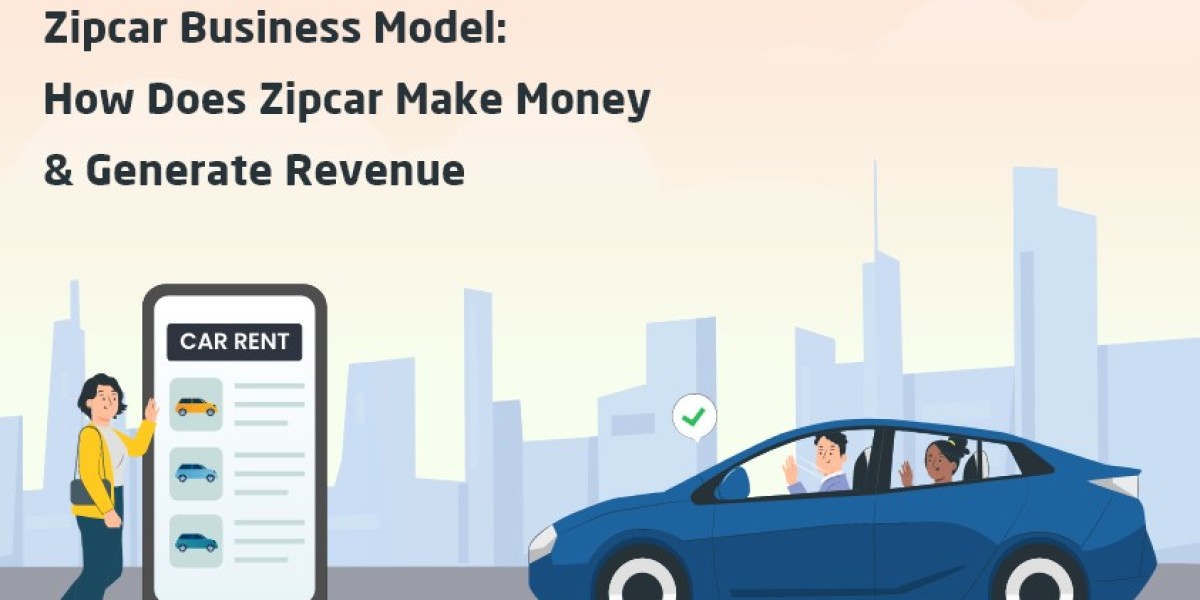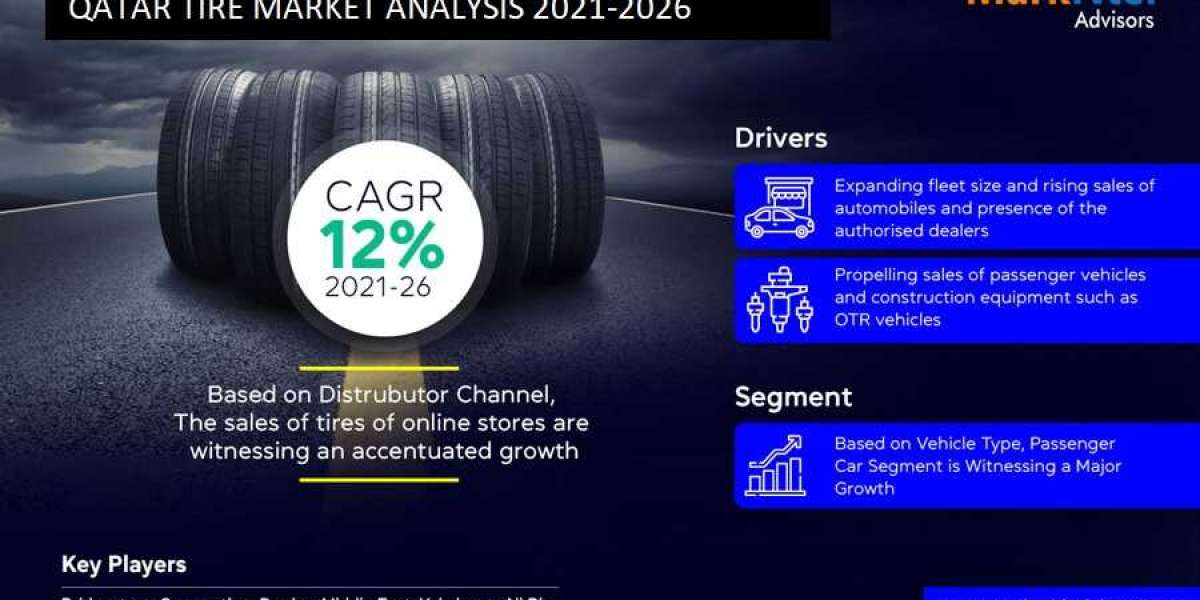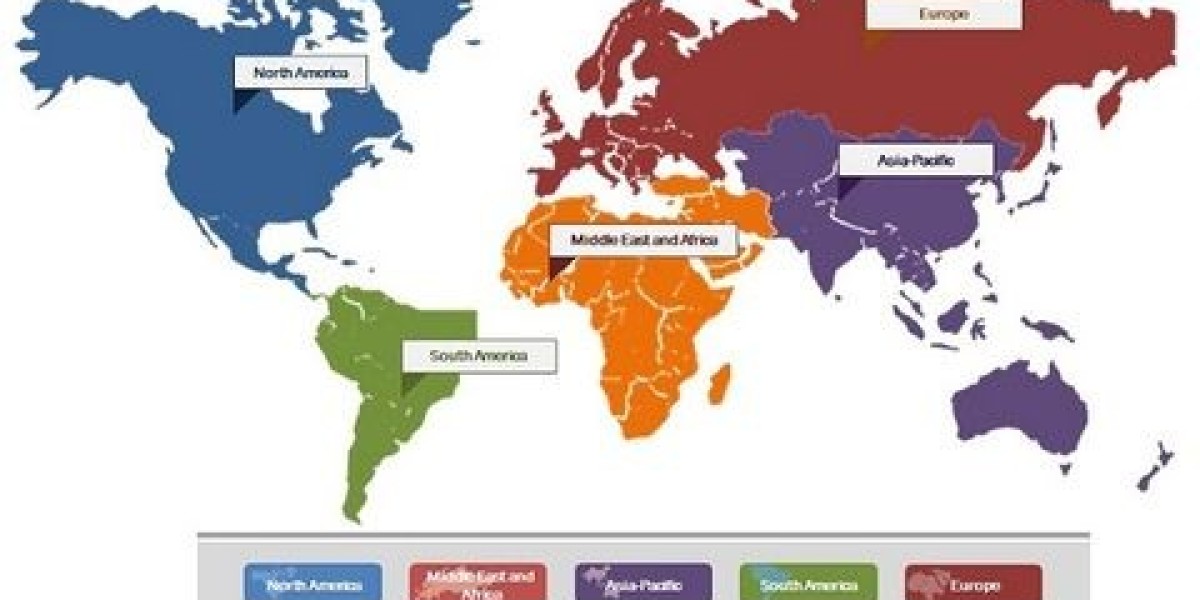In an evolving urban landscape where convenience and sustainability intertwine, Zipcar has emerged as a groundbreaking solution that challenges traditional notions of transportation. The disruptive Zipcar business model has helped the company address the modern urban mobility challenges while contributing to a more sustainable and interconnected future.
With an innovative shared economy approach and a steadfast commitment to reducing the carbon footprint, Zipcar is reshaping how we move around our cities. This car-sharing platform has served flexible and cost-effective rides to more than one million riders. If you are considering building an app like Zipcar, you have made a million-dollar decision.
You can build a car-sharing platform similar to Zipcar or invest in a ready-to-use car-sharing solution. Check for a feature list and clone script demo to know whether it satisfies all your business requirements.
But before starting your online journey for your car-sharing business, it's worthwhile to go through this blog on the Zipcar business model and know how Zipcar makes money and works.
What is Zipcar?
Zipcar is an American car-sharing platform and a subsidiary of Avis Budget Group. Zipcar members can reserve their service by minute, hour, or day.
Platform members must pay annual or monthly fees instead of paying car reservation charges to book the service at their convenience. Annual or monthly fees include charges for gas, insurance options, dedicated parking spots, and maintenance.
Zipcar Success and Expansion History
Founded by Antje Danielson and Robin Chase in 2000, Zipcar enables members to sign up and book car-sharing services through Zipcar's iPhone or Android app. Users can even book service through its website; once they get approval, Zipcar members are provided with on-demand car-sharing services access 24*7.
Let’s explore more details related to Zipcar:
Industry Type: Car sharing
Founded: January 2000 in Cambridge, Massachusetts
Headquarters: Boston, Massachusetts
Founder: Antje Danielson and Robin Chase
Area Served: College campuses and Urban areas, including Canada, the United States, Taiwan, Costa Rica, Iceland, Turkey, and the United Kingdom.
Number of Employees: Over 500
Parent: Avis Budget Group
Want to know more about the car-sharing company and how it expanded to 500 cities in 9 countries and offers 10,000+ vehicles? Let's explore Zipcar's expansion history right away.
Zipcar secured almost $10 million in funding led by Benchmark Capital in July 2005. Later, in May 2006, the company got $20 million in lease line financing from General Electric's Commercial Finance Fleet Services. Toronto was measured as the fastest-growing market for the company in September 2006.
The car-sharing platform experienced a significant shift in demand during the COVID-19 spread in 2020. Moreover, Zipcar faced issues with keeping up with demand. To introduce students to the concept of car-sharing and its effect, Zipcar announced its signature Students with Drive campaign in 2022.
Zipcar is dedicated to reducing carbon emissions and congestion while offering equitable and convenient transportation services. The company is the largest electric car-sharing fleet in the U.K., with 1000 electric vehicles. Zipcar confirms that it provides affordable, flexible, and sustainable options for a motorist with its electric vehicles.
Zipcar Business Model: How the Car-Sharing Platform Works?
Zipcar's on-demand car-sharing model is a cost-saving alternative for millions worldwide. The car-rental Zipcar business model is built to provide more sustainable transport solutions to more people and cater to people’s individual needs and preferences.
The unique Zipcar business model is designed to provide an alternative to traditional car ownership. Let's take an overview:
Car Sharing Platform
Zipcar operates a platform that connects members with vehicles on a short-term rental basis. Through the app or website, members can reserve vehicles for specific time slots, typically by the hour or day.
Membership
Customers need to become Zipcar members to access the service. To become a member, individuals need to pay an annual membership fee, which grants them access to Zipcar's fleet of vehicles.
Vehicle Fleet
Zipcar maintains a fleet of vehicles, including cars, SUVs, and sometimes specialty vehicles like cargo vans. These vehicles are strategically located in urban areas, near residential and commercial spaces, and around transportation hubs.
Reservations
Members can use the Zipcar app or website to search for vehicles in the desired location and make reservations. Reservations can be made for as short as an hour or multiple days.
Unlocking and Driving
Once a reservation is made, the member can go to the designated parking spot where the vehicle is located. Members can unlock the reserved vehicle using the Zipcar app, which contains a key card inside. The key card is used to start the vehicle and access the keys located inside.
Hourly or Daily Rates
Members are charged based on the time they use the vehicle. The rates typically include fuel, insurance, and maintenance costs. Hourly and daily pricing options allow members to choose the most suitable for their needs.
Return and Parking
After the reservation ends, the member returns the vehicle to its designated parking spot. The vehicle must be left clean and fuel-efficient for the next user. Fuel cards are provided in the vehicle to refuel if necessary.
Technology Integration
Zipcar's app and technology are crucial in enabling reservations, unlocking vehicles, and managing payments. The app provides real-time information about vehicle availability, locations, and reservation details.
Sustainability and Convenience
Zipcar's business model promotes sustainability by reducing the need for individual car ownership, which can lead to fewer vehicles on the road and decreased environmental impact. It also offers convenience to members who may not need a car regularly but require one occasionally.
Partnerships
Zipcar has formed partnerships with universities, corporations, and residential communities to provide their members with easy access to their car-sharing services. These partnerships often involve placing Zipcar vehicles in parking lots or designated areas on partner premises.
User-centric and environment-friendly Zipcar business model offers flexibility and convenience, particularly for people who don't need a car daily. It promotes sustainable transportation by reducing the number of cars on the road and encouraging shared vehicle use.
How Does Zipcar Make Money? Zipcar Revenue Model Explained
The profitable Zipcar revenue model helps the company generate revenue through car-sharing services by charging members for reservations and offering additional services. While the specific percentages may vary by location and membership plans, here's a general breakdown of how Zipcar makes money:
Membership Fees
Zipcar charges an annual membership fee, which grants members access to its platform and fleet of vehicles. Membership fees can range from around $7 to $25 or more, depending on the membership plan and location.
Reservation Charges
Hourly Rentals
Members are charged an hourly rate for using a Zipcar, which typically includes fuel, insurance, and maintenance costs. Hourly rates can vary but start at around $7 to $15 per hour.
Daily Rentals
Zipcar charges a daily rate for longer reservations, which is often more cost-effective than hourly rates. Daily rates can start at around $60 to $100 per day.
Overtime Fees
If a member doesn't return a vehicle on time, Zipcar can apply overtime charges, which are additional fees based on the extended usage time. Overtime fees help encourage timely returns and ensure availability for other members.
Usage Taxes and Fees
Zipcar may pass on specific taxes and fees to members, such as local taxes, airport fees, or other charges relevant to the specific location where the service is used.
Fuel Charges
Fuel Included
Zipcar provides a fuel card inside the vehicle, and the fuel cost is included in the reservation fee. Members don't need to pay separately for fuel in most cases.
Low Fuel Charges
If the fuel level in the vehicle drops below a certain threshold, Zipcar might charge a fee to cover the refueling cost.
Damage and Cleaning Fees
If a member returns a vehicle in a condition that requires cleaning or if there's damage beyond normal wear and tear, Zipcar can charge additional fees to cover cleaning or repair costs.
Membership Plans
Zipcar often offers different membership plans with varying benefits. Some plans offer lower hourly or daily rates, free reservation cancellations, or other perks. These plans can generate additional revenue from members willing to pay for enhanced features.
Late Return Fees
If a member returns a vehicle significantly late, Zipcar might apply a late return fee to compensate for the inconvenience caused to the next user.
Get Your App Similar to Zipcar Build Today!
The unique Zipcar business model has redefined urban transportation. By offering flexible, membership-based access to various vehicles, Zipcar has met the needs of modern consumers seeking convenience and sustainability. Through technology and partnerships, they've made car sharing accessible and environmentally friendly, setting a precedent for innovative solutions in a rapidly changing world.
The path might seem daunting for entrepreneurs considering venturing into the car-sharing industry. However, partnering with White Label Fox can smoother your journey. We create tailor-made solutions that empower business owners and mark their success in this dynamic and forward-looking industry. Let's talk to discuss more get in touch at [email protected]



